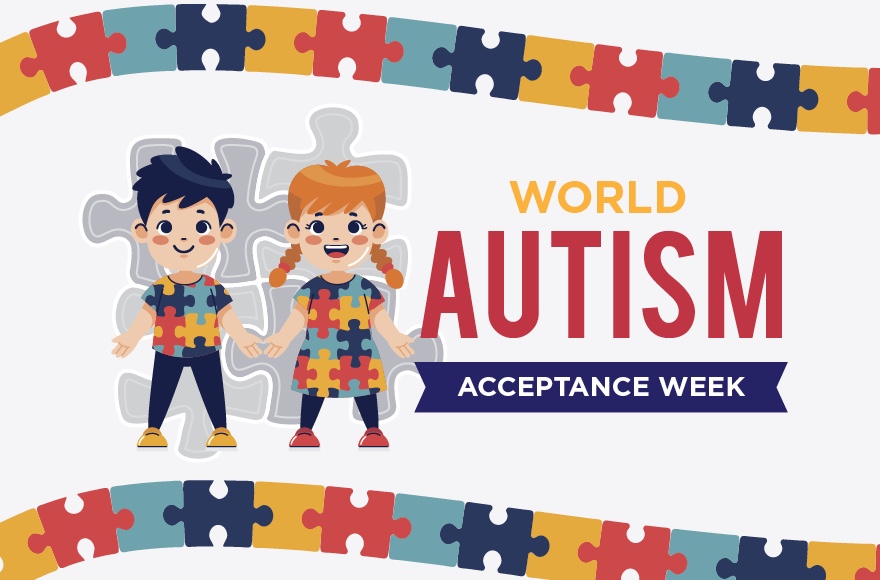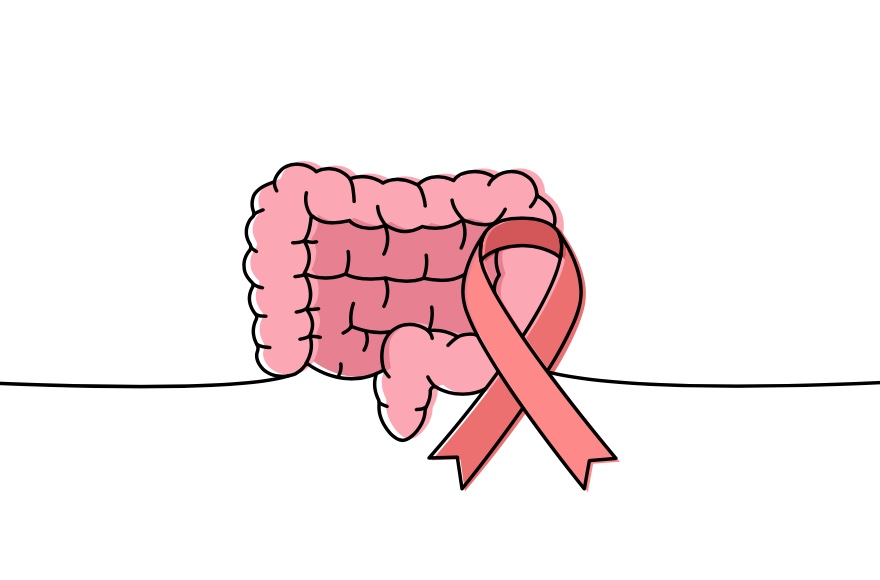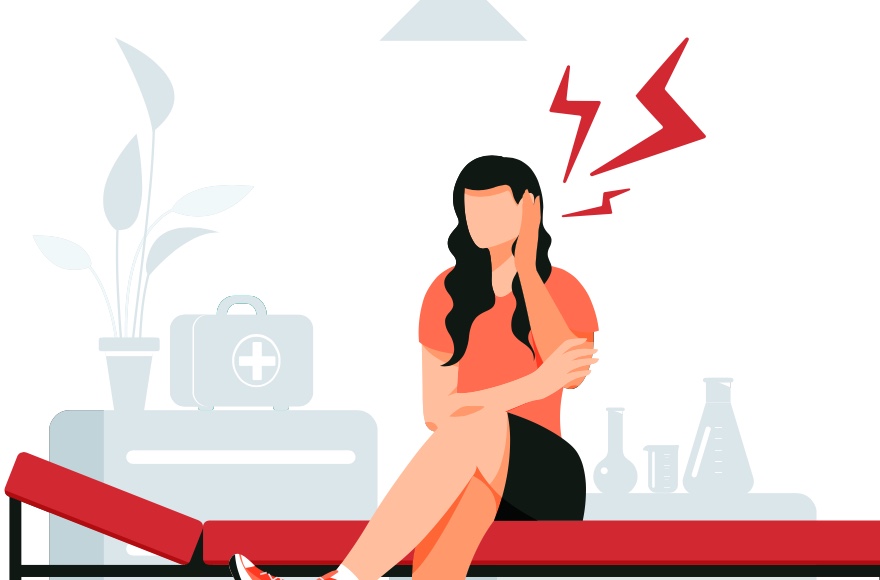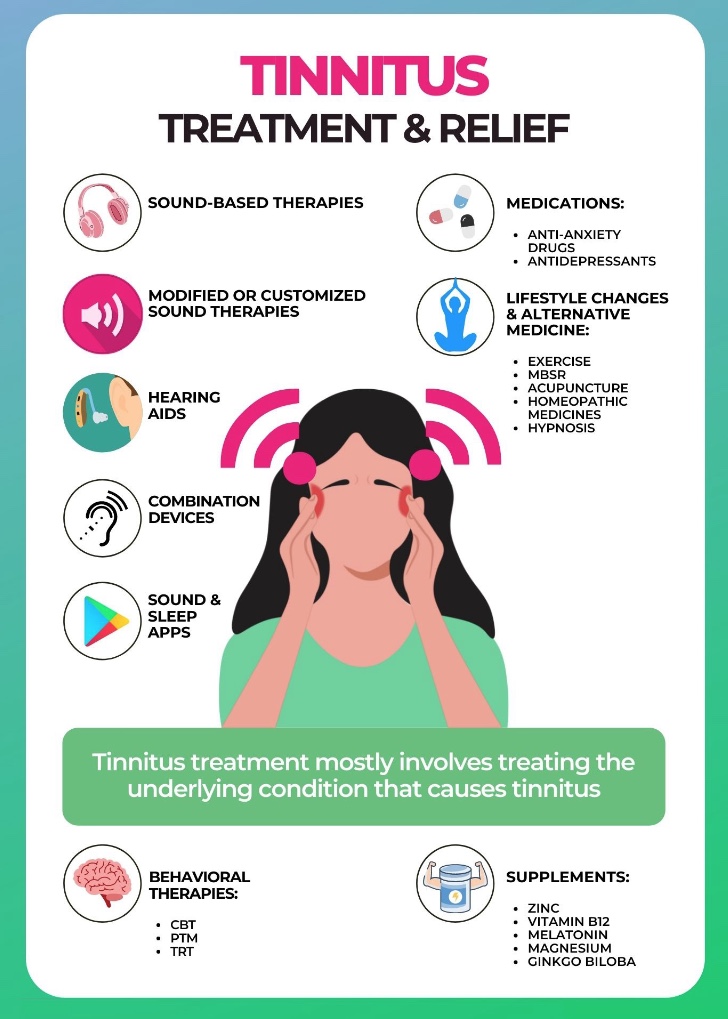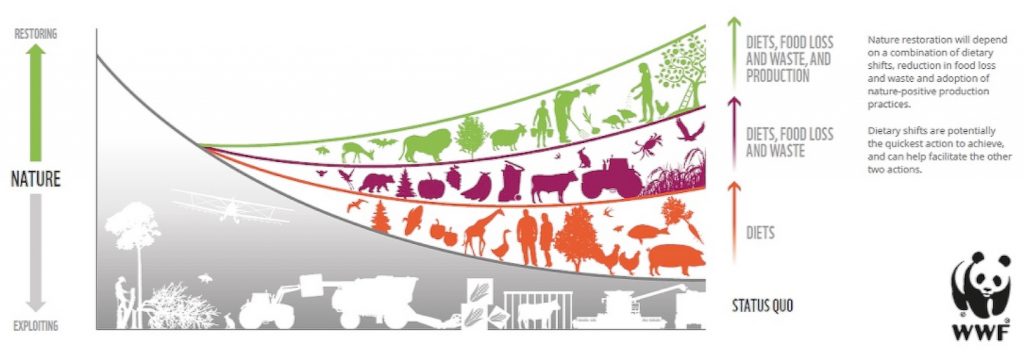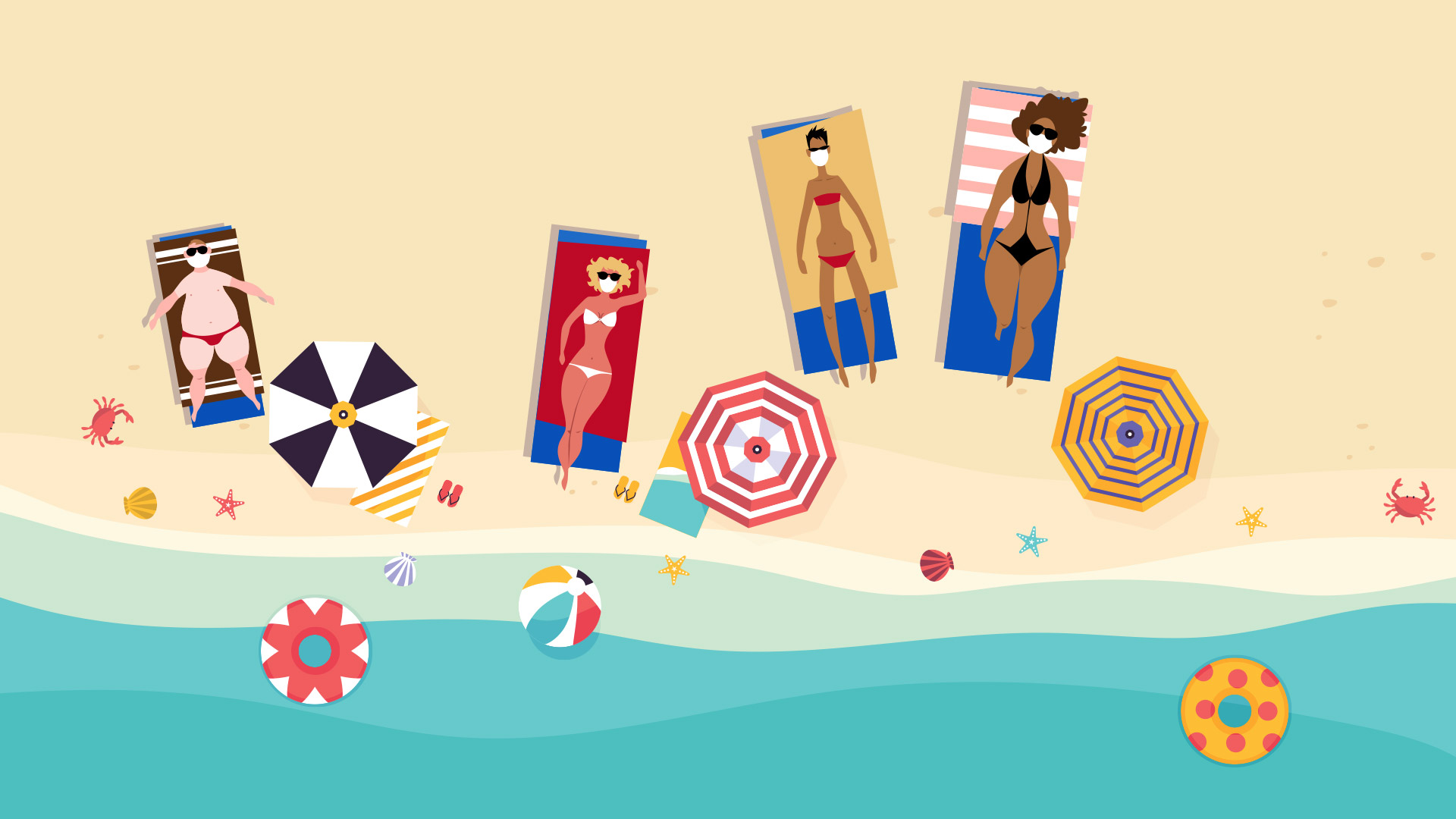Dementia
Dementia is not a usual part of the aging process. It is the name for a collection of symptoms that signify damage to the brain for varying reasons. There are different types of dementia that affect people differently, each person experiencing symptoms in their own way.
September marks Alzheimer’s awareness month and the theme this year is ‘Never too early, never too late’. This centres on the key risk factors and risk reduction, aiming to emphasise their crucial role in delaying and potentially preventing the onset of dementia. This also importantly includes ongoing risk reduction for those who have already been diagnosed.
Some dementia risk factors are difficult or impossible to change. These include:
- age: the older you are, the more likely you are to develop dementia. However, dementia is not a natural part of ageing
- genes: in general, genes alone are not thought to cause dementia. However, certain genetic factors are involved with some of the less common types. Dementia usually develops because of a combination of genetic and “environmental” factors, such as smoking and a lack of regular exercise
- air pollution: research suggests that air pollution may affect the brain and could increase the risk of dementia
Research suggests other risk factors may also be important. These include:
- hearing loss
- untreated depression
- loneliness or social isolation
- A sedentary lifestyle
- Cardiovascular health. Cardiovascular disease risk factors are most strongly linked to vascular dementia. This is because vascular dementia is directly caused by problems with blood supply to the brain.
The research concluded that by modifying the risk factors we are able to change, around 4 in 10 cases of dementia could be prevented.
Experts agree that what’s good for your heart is also good for your brain. This means you can help reduce your risk of dementia by:
- eating a balanced diet
- maintaining a healthy weight
- exercising regularly
- keeping alcohol within recommended limits
- stopping smoking
- keeping your blood pressure at a healthy level
10 of the most common warning signs involve:
- Memory loss
- Difficulty performing familiar tasks
- Problems with language
- Disorientation to time and place
- Poor or decreased judgement
- Problems keeping track of things
- Misplacing things
- Changes in mood and behaviour
- Challenges understanding visual and spatial information
- Withdrawal from work or social activities
Symptoms are often mild to begin with and may worsen very gradually. If you think that these problems are affecting your daily life, or the life of someone you know, talk to your GP or healthcare professional.
More information and resources can found locally at Gibraltar Alzheimer’s & Dementia Society Telephone : 00350 56001422 Email: gads@gibtelecom.net
Why is self-care so important?
Practicing self-care empowers you to become pro-active in your own healthcare, helping you to stay both physically and mentally healthy. Ultimately, it can help relieve pressure on the health systems
The World Health Organization (WHO) defines self-care as activities individuals and communities engage in that help prevent disease and increase well-being.
The first step to mental wellness is to recognise stress. There are many different things that can make you stressed, including moving home, starting a new job, and even having a baby. When stress gets out of hand, it can negatively impact our physical and mental health, leading to burnout, anxiety and depression.
Sometimes stress can creep up on you, so it is a good idea to be aware of the symptoms. Some of the signs to look out for include feeling angry, irritable or impatient as well as anxious, nervous or afraid. Do you feel overwhelmed? Maybe you are uninterested in life, and feel unable to enjoy yourself in any situation. Do you have a sense of dread and are constantly worried or tense?
The physical signs of stress might include having difficulty in breathing, panic attacks, sleep problems, muscle aches, headaches, chest pains and high blood pressure.
There are things that you can do to manage your stress levels.
Find time in your day to use guided meditation. Meditation can produce a deep state of relaxation and a tranquil mind. During meditation, you focus your attention and eliminate the stream of jumbled thoughts that may be crowding your mind and causing stress. This process may result in enhanced physical and emotional well-being. Look online for some of the many guided meditations that are available.
Practice mindfulness. Mindfulness is a quality; meditation is a practice. Whilst mindfulness is similar to meditation, the difference is that mindfulness requires us to be aware of what’s around us and how our bodies feel, whereas meditation is a practice that reels in our thoughts to calm the mind.
Scientific studies have shown that controlling your breath can help to manage stress and stress-related conditions. Deep breathing is a great way to reduce the activation of your sympathetic nervous system, which controls the body’s response of fight or flight to a perceived threat. Take a deep breath in for a count of five seconds, hold for two seconds and release for a count of five seconds.
Take a walk in nature. Spending just 20 minutes connecting with nature can help lower stress hormone levels. Walking is an inexpensive and low risk form of exercise and getting outside can help you gain a fresh perspective on whatever it is that is stressing you out.Join a walking group or find a friend to go walking with. Set goals by counting your steps and reward yourself when you reach certain milestones, whether that’s getting a massage or buying yourself a gift.
Start a gratitude journal to keep track of events or things that you are thankful for on a daily, weekly or monthly basis. Studies have shown that taking the time to feel grateful may improve your emotional well-being by focusing on the positive aspects of your life. Sometimes it may be something big, such as passing an exam, sometimes it may be one of those little blessings in life, such as the plant you have nurtured coming into bloom.
Connecting with others can help you find a sense of community. Loneliness can increase stress and people who feel lonely have less immunity and more inflammation than people who don’t. We all need some human interaction to help us feel supported, and engaging with social groups, joining clubs or groups or taking part in sports or activities can lead to positive mental health effects and reduce feelings of loneliness.
If you catch yourself feeling depressed, run down, exhausted, or irritable, just pause and consider what may be the cause of the stress and take action to resolve or manage it.Prioritise some ‘me’ time












